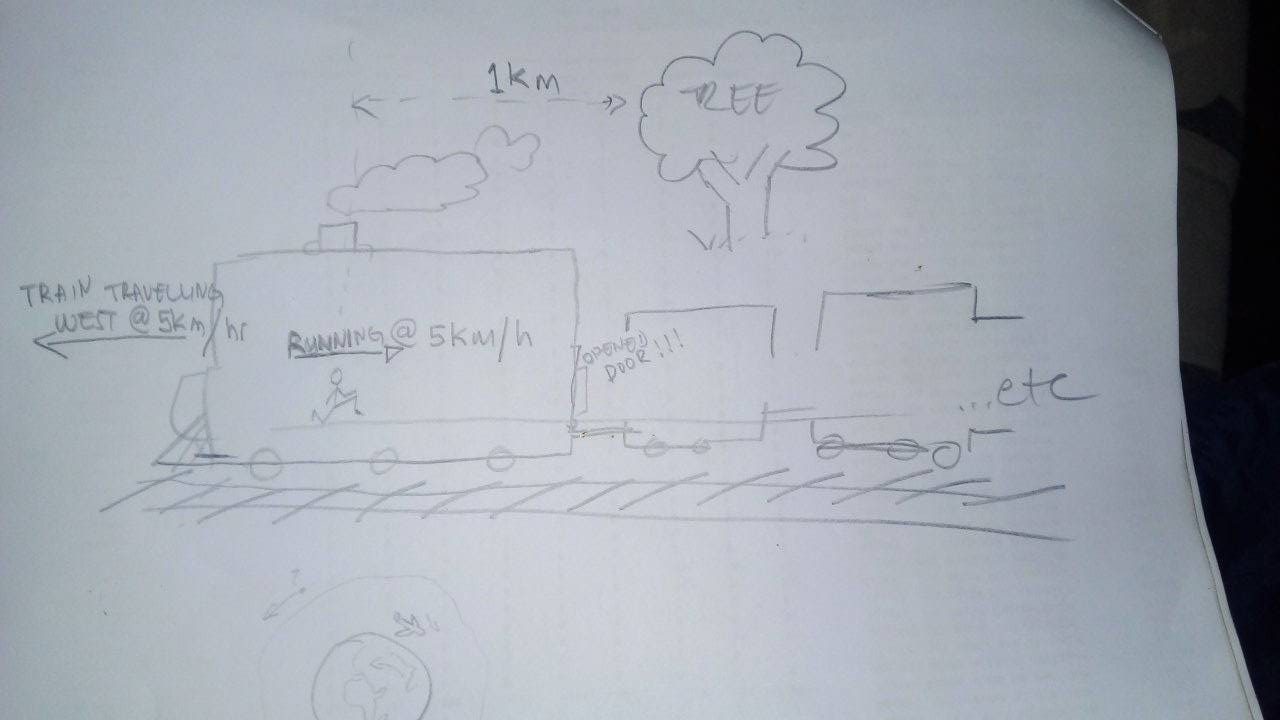The Age of Disclosure may deliver revelations, but they might not align with our expectations. I’m addressing both those who anticipate little from this upcoming documentary and those who expect too much. It seems both groups are overstating their views, while the more moderate voices are sadly in the minority.
To start, we’ll hear from a multitude of esteemed experts confirming the existence of non-human intelligence (NHI) and its presence here. Some of these familiar faces may not excite us, but we’ll also hear from fresh and significant voices. While it may not come from a president directly, we can expect credible representatives who speak on behalf of high-ranking officials. In a specific sense, this constitutes a form of disclosure—though it may be the most minimal interpretation. Let’s not underestimate the importance of this acknowledgment, even if it doesn’t drastically alter our daily lives or relieve our work obligations.
However, we shouldn’t expect this to be evidence-driven disclosure. Instead, we will hear trusted individuals reiterating that NHI exists, and we will have to trust their words based on their esteemed reputations. It’s unlikely we’ll see recovered spacecraft or bodies anytime soon. The simple fact that those of us following this topic won’t be shocked by these declarations shows how far we’ve progressed.
This won’t be “disclosure-plus,” which many in the community envision. We want tangible materials analyzed by civilian labs, insights into propulsion technologies, and explorations of psionics. Unfortunately, that may not be included, especially from government sources. What we will receive may be basic disclosure, but if the promotional materials are accurate, it could still hold significance. If the individuals featured in the film, particularly the newcomers, are as influential as suggested, the term “disclosure” will indeed apply.
I urge everyone to keep their expectations in check when this documentary is released. There has been a lot of tension compared to last year, but we need to remember that while this may not meet our hopes, it represents a reality that disclosure advocates in the 1950s could scarcely imagine. Let’s appreciate the progress we’ve made. We’re nearing our goal; we’ve just extended the timeline so much that it feels farther away than it is, but we’re still on track according to the original vision.

You raise some compelling points about the nature of the upcoming disclosure and the varied expectations surrounding it. It’s true that the term “disclosure” can be interpreted in many ways, and it’s crucial to take a realistic stance on what we might actually hear.
The notion that we’ll receive credible affirmations about the existence of non-human intelligences from qualified individuals is indeed a significant step forward, even if it falls short of the all-encompassing revelations many of us hope for. This aligns with historical patterns in the discourse around UFOs and disclosure—incremental acknowledgments rather than dramatic revelations.
You’re also right to caution against overwhelming disappointment or hostility when the announcement is made. The lens through which we view these developments shapes our reactions. While we may not see physical evidence or the “disclosure-plus” that many yearn for, the acknowledgment from authoritative figures can still reshape our understanding and encourage further dialogue.
It’s also worth recognizing the progress we’ve made. Even if it feels like we’re far from the finish line, these conversations were once confined to whispers. While our expectations may need recalibrating, we should celebrate the momentum that brings us closer to broader acceptance and understanding of these phenomena.
So, as we brace ourselves for what might come, let’s aim for an open mind and an appreciation of the strides we’ve taken in this ongoing quest for truth.